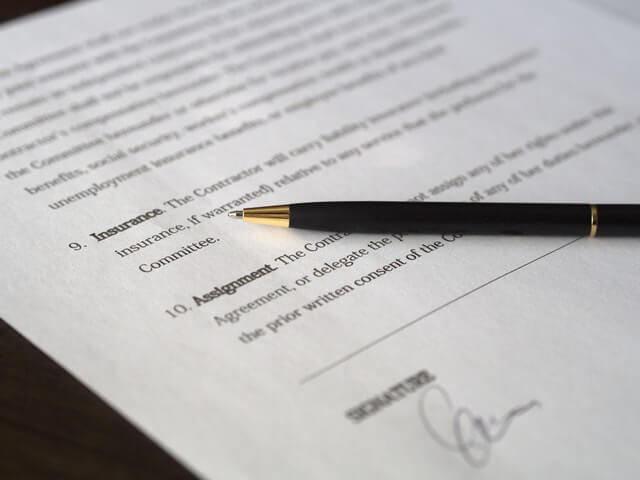Buying properties is a new experience every time. Some property owners might come across a fixer-upper and imagining the endless possibilities of changing it. Some properties do not need a lot of work at all. And some properties come with existing tenants. Inherited tenants, we call them. These tenants are still in contract to rent even though the original landlord decided to sell the property.
Now, some might think that having inherited tenants is an advantage. That’s partly true because the landlord will not have to go through the entire process of filling in vacancies. The new owner will immediately get the income.
The downside is there is also an existing lease agreement that the new owner cannot change until the end of the lease. The previous landlord could also have tolerated some of the tenant’s bad habits that the new landlord might have a hard time changing.
Nevertheless, there are ways to deal with inherited tenants to make the transition easier.

• Existing lease agreement
Before deciding on buying a property, the landlord must review the existing lease agreement. After all, the terms will not change after purchasing the property. The landlord should check if he agrees with the content of the contract.
Is the rental price enough for him? Which of the expenses are covered by the landlord? These are only some of the questions the buying landlord must ask. Some landlords might have their own opinion on the supposed rental price, and the current one is not enough. The buyer should assess all financial aspects before finalizing the sale.
The contents of the lease agreement are not the only things the buyer should review. He must also verify the legitimacy of the document. There are a lot of people who will fabricate documents to get ahead. They might present a fake contract to make it seem ideal for the buyer. Yes, this happens. Who better verify the legitimacy of the agreement than the tenants? It is possible through an Estoppel arrangement.

An Estoppel agreement is a form used to ascertain the tenant’s knowledge of their lease contract. It includes:
• Names of all residing persons
• Monthly rental price
• Lease duration
• The person responsible for the utility bills
• The security deposit amount
• Whether pets are allowed
• Who owns the appliances
The tenant and the new landlord must sign the Estoppel agreement. The landlord will then keep it to serve as a reference. If the previous owner refuses to grant the buyer access to an Estoppel arrangement, it is a red flag. There may be some things that they do not want to reveal. It can also be the other way around. The tenant might lie about the rental price in an attempt to lower down the amount.
• Think about how the tenants feel
The buyer is not the only one adjusting to the new arrangement. The tenants must also adapt to a stranger managing their rental. After all, many possible outcomes may happen after the sale.
You can help the landlord assure the tenants that there is no need to worry. If the landlord plans on improving a few things to the property, let the renters know. Make them feel like the new landlord will maintain the high quality of property management. They will need assurance that they are in good hands.

If the new landlord feels that the income is not enough, he might plan on a price increase. However, should it happen instantly? There isn’t a promising reply to this. If they are on a month-to-month rental basis, the landlord can have a 30-day notification. If year-long, then the increase cannot be applied until the end of the lease and with prior notice.
If the landlord imposes the rent increase, the tenants might decide to vacate the property. It is understandable. Once this happens, the landlord has to start looking for new tenants again. Since this is your expertise as a rental agent, you know what to do. But first things first. You should post your property listings using Padleads and syndicate those listings to other websites. The new owner will have new tenants for sure.